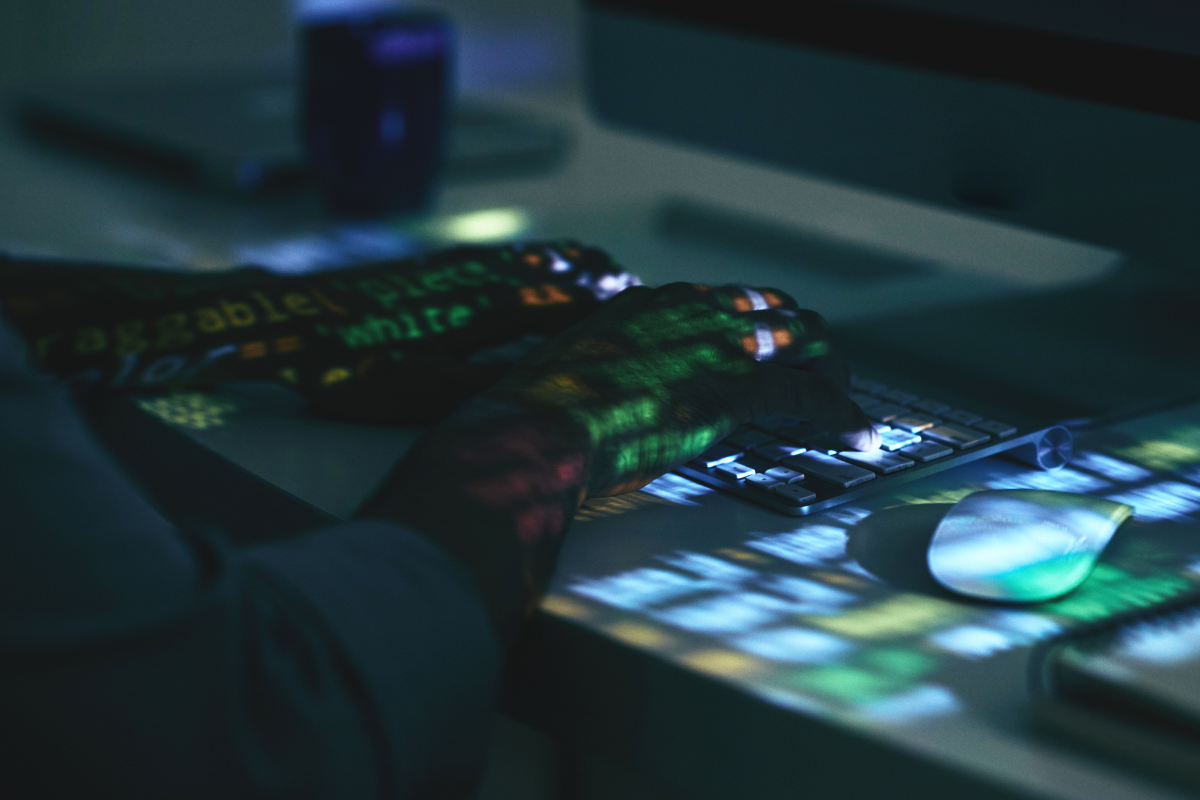
Photo: DragonImages via iStock
Scrap AI copyright exemption to protect creatives, say MPs
Report from Culture, Media and Sport Select Committee says government must “regain the trust” of the creative industries and defend the interests of creatives amid the growing influence of AI.
The Culture, Media and Sport (CMS) Select Committee has said plans to allow artificial intelligence (AI) developers the free use of existing music, literature and works of art for the purpose of training AI to create new works must be abandoned.
The cross-party group of MPs warn the government’s proposal to exempt text and data mining by AI from copyright protection risks reducing arts and cultural production to mere “inputs” in AI development and shows a clear lack of understanding of the needs of the UK’s creative industries.
Their concerns are outlined in the committee’s second report on connected technology, released today (30 August).
READ MORE:
- UK Music chief warns of AI threat to industry
- Bazalgette: Creative sector will weather AI job threat
It echoes concerns made across the sector, including by UK Music CEO Jamie Njoku-Goodwin and trade union Equity, since the plan to introduce the copyright exemption was announced by the Intellectual Property Office (IPO).
Chair of the committee, Conservative MP Caroline Dinenage, said the government must “rebuild trust” by “showing it really understands where the creative industries are coming from and develop a copyright and regulatory regime that properly protects [creatives] as AI continues to disrupt traditional cultural production”.
“The chorus of warnings from musicians, authors and artists about the real and lasting harm a failure to protect intellectual property in a world where the influence of AI is growing should be enough for ministers to sit up and take notice.”
Recommendations
The report says all branches of government “need to better understand the impact of AI, and technology more broadly, on the creative industries and be able to defend their interests consistently”.
Among the key recommendations is working on how creatives can ensure transparency and, if necessary, recourse and redress, if they suspect AI developers are wrongfully using their works in AI development.
It also calls on government to support small AI developers by reviewing how licensing schemes can be introduced for technical material, and how mutually beneficial arrangements can be struck with rights management organisations and creative industry trade bodies.
According to the report, government has “been listening to stakeholders” on text and data mining intellectual property for commercial benefit and the CMS committee has said it is “encouraged that ministers are looking again at this”.
Creative technology
The report also insists support for the creative industries “is not limited to following the narrow interests of the tech sector”.
It says cultural institutions should be encouraged and supported by government to invest in, present and preserve the results of creative technology.
The government’s forthcoming Cultural Education Plan is cited as an opportunity to discuss how educators can combine digital skills provision with creative and cultural education, in order to nurture the next generation of digital artists, visual effects professionals and innovators in creative technology.
“The development and use of creative technology is currently being hampered by a shortage in technical skills,” Dinenage added.
“For the UK to fulfil its potential as a world leader in the creative industries, the government must commit to ensuring the right skills are being taught to ensure a pathway for the next generation of digital artists, visual effects professionals and innovators.”
Sector involvement
The report follows confirmation the Department for Culture, Media and Sport has been approaching organisations within the creative industries to seek suggestions on how to stop AI infringing copyright.
A letter sent to several organisations by the department, seen by the Financial Times, said it was “working to ensure that the concerns of creative sectors are being considered in the broader policymaking debate”.
Acknowledging AI “has been a subject of significant debate across creative sectors and of significant concern for many”, it said it was seeking suggestions on the establishment of “robust means of preventing/tackling copyright infringing outputs from those AI models”.
It added the department is “working to ensure that the concerns of creative sectors are being considered in the broader policymaking debate”.
Reema Selhi, Head of Policy at DACS (Design and Artists Copyright Society), which says it is yet to be contacted by the department, told Arts Professional: “Copyright gives artists a say over how their work is used, and fair pay for that use.
“But as AI image generators have developed, artists’ works have been used to train AI models without their consent or any payment.
She added: “DACS has been engaging with the IPO on preserving existing copyright laws and calls on government to ensure AI developers are transparent about what data their models are trained on.”
Join the Discussion
You must be logged in to post a comment.